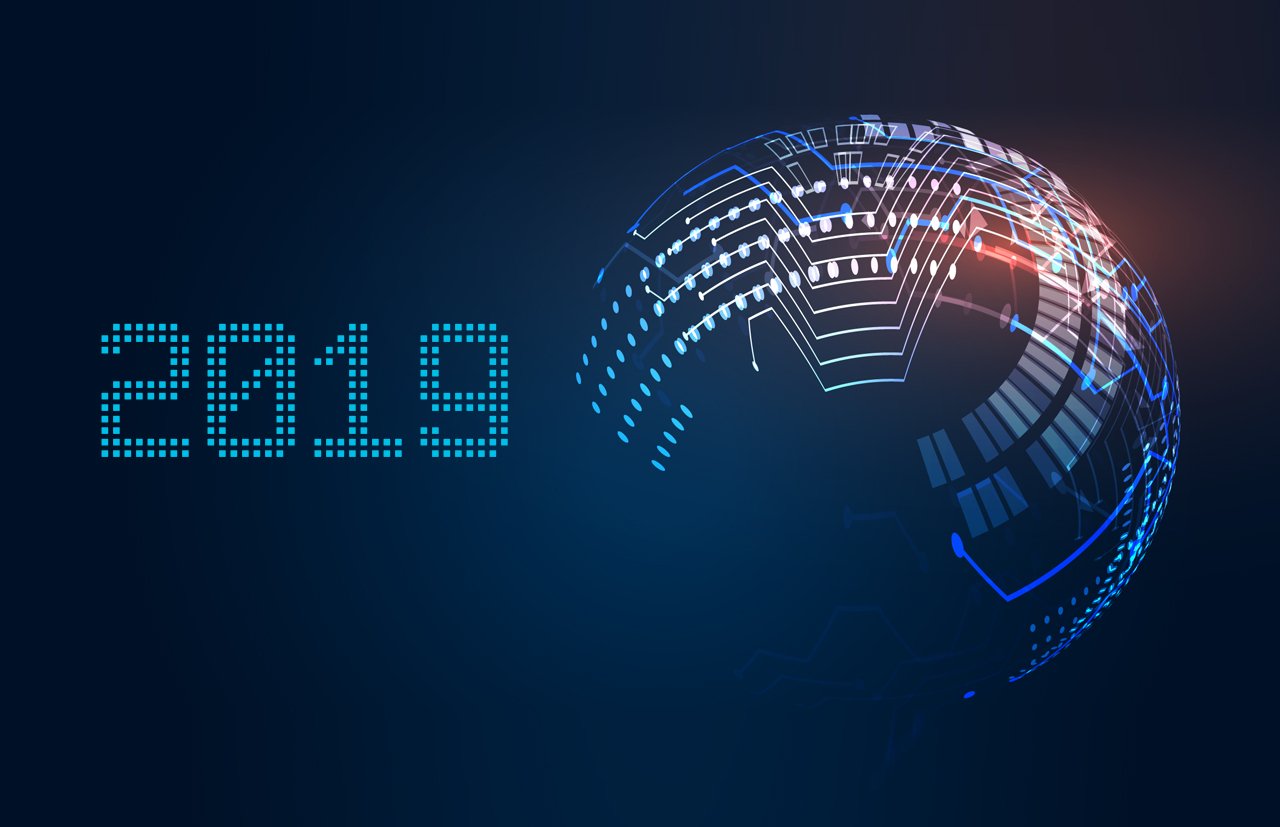Here’s our take on the areas enterprises will focus on while ushering in change.
As the adage goes, change is the biggest constant in business. There is disruption all around with a massive uptake of mobile devices, digital technologies and finally the cloud paradigm, which is delivering IT as a utility. There are new disruptive businesses that are deploying innovative business models to either create new market segments or push existing markets into oblivion. Google Maps is a classic example of how a new idea can be the death knell for an established industry. At one stroke the application put most manufacturers of GPS equipment out of reckoning. Video chat applications have managed to put vendors of expensive video conferencing solutions out of business. Cab aggregators have demonstrated that traditional business models in the transport business can be replaced with new ones.
This year will see more disruption and established enterprises with traditional business models will transform and adopt new approaches to the way they respond to customer needs.
1. Algorithms will drive mundane chores
Enterprises will increasingly deploy self-learning chatbots and virtual assistants to handle customer-facing jobs. With new techniques like sentiment analytics and advances in Natural Language Processing (NLP), technology providers are able to embed more intelligence into chatbots. These will have the capabilities to mimic humans and engage customers effectively. As they are self learning, they can be deployed across functions such as customer support, HR, etc. This will force enterprises to upskill their employees, as algorithms will be doing their jobs.
2. Performance will hold the key
Enterprises will look for performance across areas. As most functions in enterprises today are driven by IT, they will look for greater performance, whether it is in terms of applications, network or processing power. IT organisations will be under greater pressure to deliver superior end user experience within their enterprises as well as to external stakeholders, like customers and partners.
3. Acting on real-time data will differentiate winners
With disruptive technologies like 5G, AI, machine learning, IoT and deep learning making inroads into enterprises, they will generate humongous amounts of real time data on customers and on every touchpoint of their transactions with them. But the tough part is to analyse real-time data and take quick decisions on the go. Enterprises that hone their analytical strengths to develop faster decision-making capabilities will be the winners.
4. Blockchain adoption will transcend the banking sector
CIOs in sectors as varied as manufacturing, logistics, supply chain, healthcare, media, government, and utilities have started experimenting with blockchain technologies. Blockchain technologies offer a radical departure from the current centralised transaction and record-keeping mechanisms and can serve as a foundation of disruptive digital business for both established enterprises and startups. This year will see many Indian enterprises outside the BFSI segment embracing blockchain as part of their digital transformation initiatives.
5. Multi-cloud will be the next phase in cloud adoption
Hybrid cloud is what enterprises have opted for all along as most of them prefer to distribute their workloads across public and private clouds or on-premise depending on the business criticality of the workloads. Consequently, leading cloud service providers today are offering connected cloud options. Industry researchers believe that multi-cloud will be the new buzzword in cloud conversations as this will ensure a seamless experience for IT irrespective of whether a workload runs on public or private cloud. Companies will increasingly get used to a mix of workloads running on public and private cloud as well as on-premise.
6. Working around data privacy regulations
Enterprises that have innovated digitally have access to massive amounts of customer data. Much of this data may infringe on the privacy of users and enterprises are in a position to take advantage of private data to achieve their business goals. General Data Protection Regulation (GDPR) in Europe is a step towards providing customers adequate data privacy while they deal with businesses. This year may witness more such privacy regulations being enforced in other parts of the world. Digitally transforming enterprises will have to take care that they comply to privacy regulations while they get granular real time data relating to customers.
7. Enterprises will change their information security posture
Information security will become even more critical as digital transformation means uber connectivity. From end points and networks to applications, everything is vulnerable to cyber attacks. The security postures of enterprises will have to change from the current reactive mode to a proactive mode. Ability to anticipate threats and tweaking security policies to accommodate new technologies that are more vulnerable to attacks are some of the factors that will determine which enterprises are better at securing their information assets.
Photograph: Starline/Freepik.com


